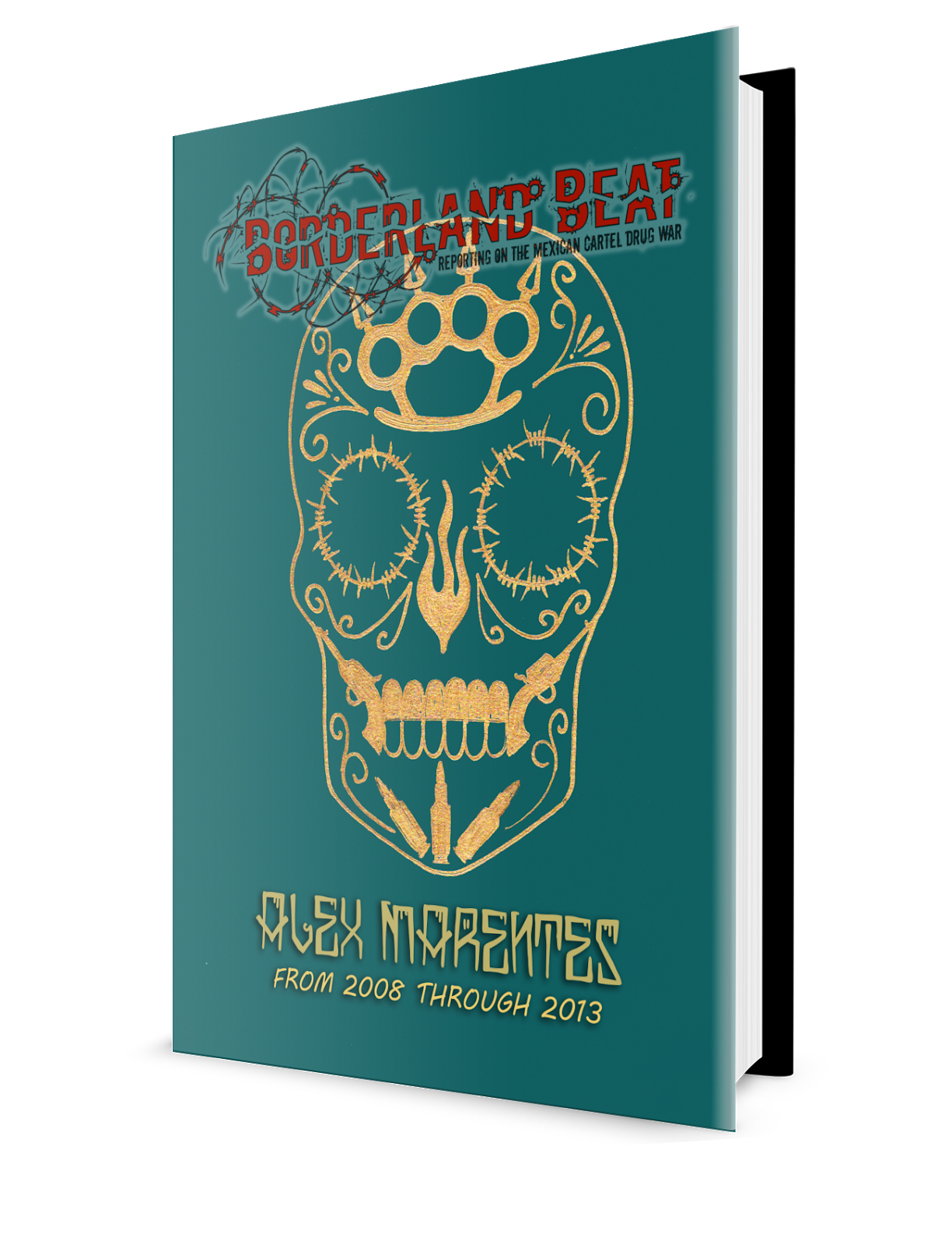
Cyber Space - The Internet is playing a growing role in Mexico's drug war, spreading both information and fear, at a time when many journalists have been scared into silence.
Drug gangs have long used warnings scrawled on sheets pinned up on bridges, or even gruesome beheadings to sow fear, but the Internet, and mobile phones, have taken their messages to a wider audience.
Cuernavaca, a popular weekend retreat outside Mexico City, saw restaurants and bars shuttered this month after rumors of a curfew imposed by a drug gang spread by email and across social networking sites.
"It spread very quickly through the population, generating panic, fear and doubts," Morelos state government secretary Oscar Sergio Hernandez told AFP.
Local officials contacted the business community, union leaders and school directors in an effort to bring calm to Cuernavaca, known as the "City of the Eternal Spring."
But although no deaths were reported during that weekend and it's still unclear who started the rumors, the streets remained empty.
The following Monday, officials set up a team to monitor Internet traffic on sites that included Twitter, Facebook, YouTube and other blogs like Borderlandbeat.com.
More than 22,700 people have died in suspected drug attacks since the end of 2006, as violence has increased alongside a military crackdown on organized crime.
Apart from almost daily killings in the northern border city of Ciudad Juarez, the country's most violent, new hotspots continue to erupt across the country.
Many attribute Cuernavaca's growing violence to an internal battle for control of the Beltran Leyva cartel set off by the army's killing of its leader Arturo Beltran Leyva last December.
Authorities in the northeastern state of Tamaulipas -- a battlefield between supporters of the Gulf gang and its former allies the Zetas -- meanwhile called on the population to remain calm in February following multiple unfounded rumors of shootouts, transmitted by text messages and social networks.
"There's an increase in crime, a fight between criminal groups and violence has risen, but there's also a campaign through informal media to terrorize people," said Tamaulipas governor Eugenio Hernandez.
The messages set off a panic in Reynosa, a city across the border from McAllen, Texas, and some schools, businesses and the US consulate were briefly closed.
Nervous residents of Tamaulipas can now check for regular updates on violent crime on the state government website. The Reynosa city hall uses Twitter to transmit security alerts.
Citizens, as well as drug traffickers, load up their own videos to YouTube or contribute to online forums on security issues.
"Alert. Five vans with heavily armed men. Don't go out. Don't go out," said a recent posting on a site administered by the Reforma newspaper group for the town of Ciudad Mier, Tamaulipas.
The site says a lack of information from authorities is to blame for a psychosis among local people.
While some officials rush to figure out how to use the Internet to inform the public, others hope to regulate websites used by criminals.
A leftist lawmaker, Nazario Norberto Sanchez, plans to propose a law in September to create what he calls a cyber-police for Mexico to try to prevent criminal activities on the Internet.
"Obviously we won't touch people's freedoms, but what we want is to regulate Twitter and Facebook," Sanchez told AFP.
But many Mexican Internet users regard such plans as a threat to civil liberties.
And those caught in the crossfire desperately seek more up-to-date information on crime in their neighborhoods, which the mainstream media is slow to provide, with reporters often cowed or corrupted.
The Committee to Protect Journalists in April ranked Mexico ninth on its list of countries where crime against journalists most often go unpunished.
"Astonishing levels of violence against journalists covering crime, drug trafficking, and government corruption continued in 2009," it said.










0 Borderland Beat Comments:
Post a Comment
Comments are moderated, refer to policy for more information.
Envía fotos, vídeos, notas, enlaces o información
Todo 100% Anónimo;
borderlandbeat@gmail.com